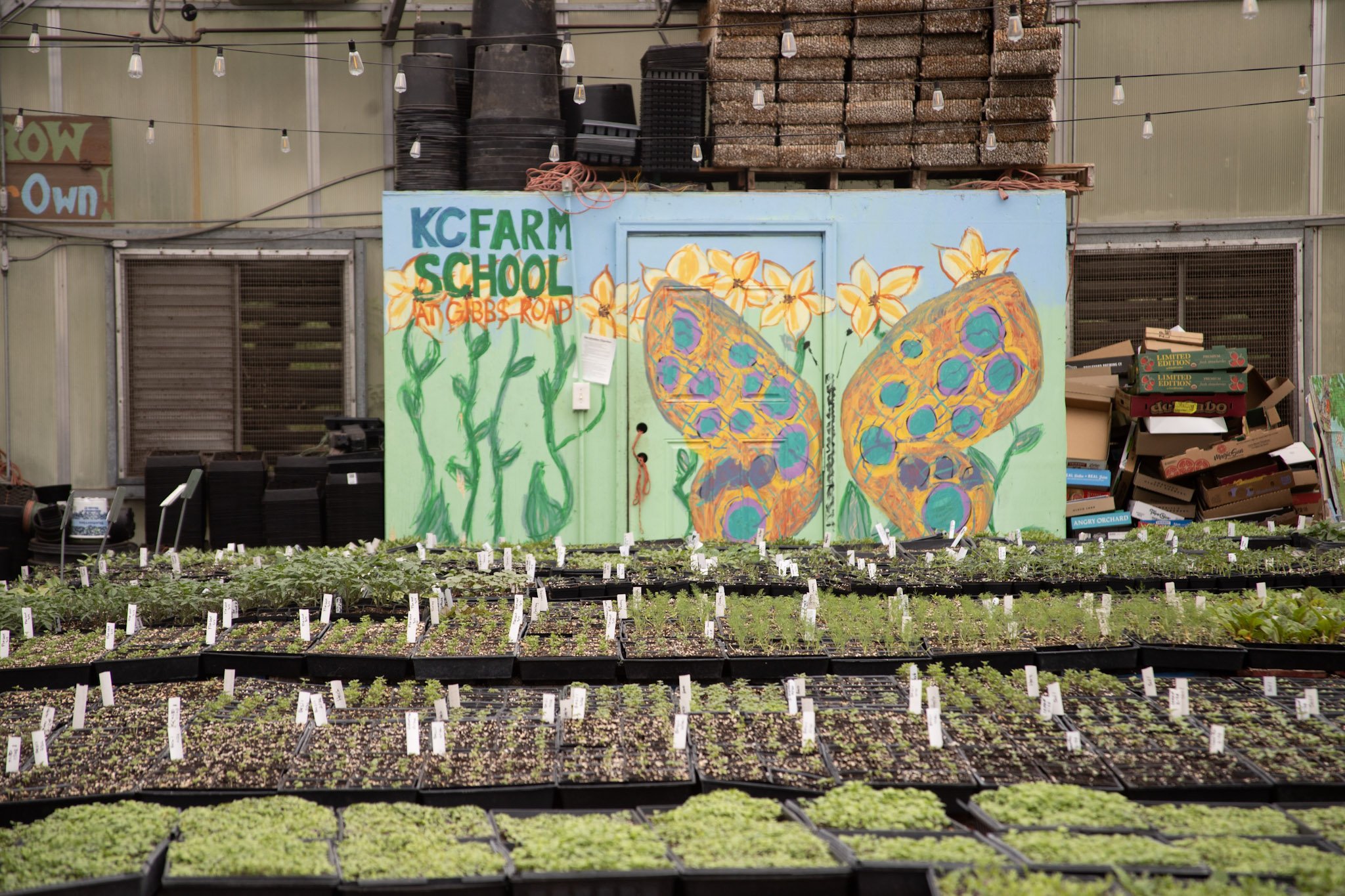Exploring Kansas City’s Local Food Systems: A Field Trip with Purpose
Last month, I had the privilege of joining a field trip to Kansas City, organized by the Health & Wellness Coalition (HWC) of Wichita. Thanks to the generous Professional Development funds from the Wichita Foundation, this trip aimed to deepen our understanding of the local food system and strengthen connections among stakeholders working towards a healthier, more sustainable food environment. As a recent Kansas Citian, I was grateful for the invitation.
A Collaborative Effort: Joanna with WSU Community Engagement Institute, took the lead in coordinating the trip, meticulously planning the itinerary, handling registrations, and communicating with our partners in Kansas City. The HWC covered the cost of a 15-passenger van and provided lunch, ensuring that logistics were seamless and participants could focus on learning and networking.
Building Connections: One of the most rewarding and powerful aspects of this trip was the connections made. By meeting new individuals and connecting the work from Wichita to Kansas City, we strengthen our abilities and capactity for real systems change. Shelley Rich from HWC told me she met 6 new people working in this space and have connected them to the Health and Wellness Coalition of Wichita. Again, strengthening the network locally and statewide.
Highlights of the Kansas City Food System: Kansas City boasts a vibrant and diverse food system, with several organizations leading the way in promoting local food initiatives:
Cultivate KC: Founded in 2005, Cultivate KC is dedicated to growing food, farmers, and community. The organization manages multiple urban farms, including the Juniper Gardens Training Farm, and supports the New Roots for Refugees program, which helps displaced individuals regain agency over their lives through farming. They also offer educational programs and resources to promote sustainable agriculture.
KC Farm School at Gibbs Road: This farm school empowers individuals of all ages, ancestries, and abilities to feel, learn, grow, and share. Located on a 10-acre farm, the school offers hands-on agricultural education, community events, and a farmers market that supports local food producers. They also provide CSA subscriptions and other farm experiences to engage the community.
Kanbe's Markets: Kanbe's Markets is a nonprofit organization focused on increasing access to fresh, affordable produce in food deserts. They partner with corner stores to stock healthy foods and are developing a kitchen program to turn imperfect produce into healthy meals for distribution in underserved communities.
Kansas City Community Gardens (KCCG): KCCG is a nonprofit organization that helps people grow vegetables and fruit from garden plots and orchards located in backyards, schoolyards, vacant lots, and community sites. They offer low-cost seeds, plants, and supplies, along with educational workshops and technical assistance. In 2024, KCCG supported over 3,000 home gardeners and 327 community gardens, providing resources to help individuals and families grow their own healthy food.
Looking Towards the Future: The insights gained from this field trip have not only enriched our understanding of Kansas City's food landscape but have also inspired us to continue fostering connections and sharing knowledge. As we move forward, the relationships established during this trip will undoubtedly play a crucial role in advancing our collective efforts to improve the food system in Wichita and beyond.
A heartfelt thank you to the Wichita Foundation for their support and to Joanna and Shelley for their exceptional coordination and leadership. This experience has reinforced the power of collaboration and the importance of investing in professional development to create lasting, positive change in our communities.










